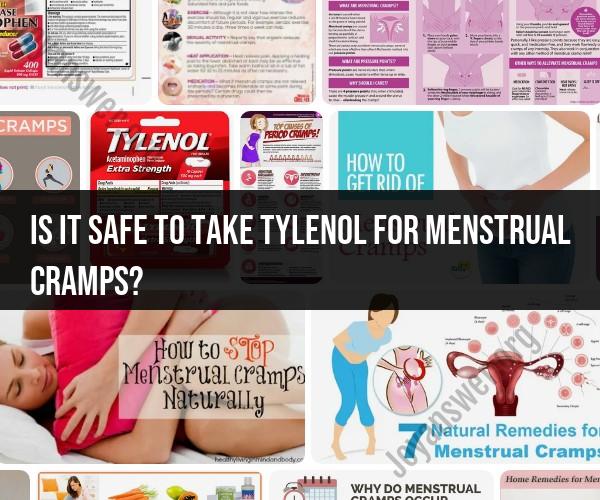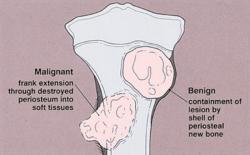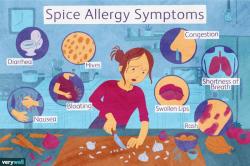Is it safe to take Tylenol for menstrual cramps?
Tylenol, which contains the active ingredient acetaminophen, can be used to relieve mild to moderate pain, including menstrual cramps. However, it's important to use it safely and according to the recommended guidelines to avoid any potential side effects. Here are some guidelines for the safe use of Tylenol for menstrual cramps:
Read the Label: Always read and follow the instructions on the product label. Pay attention to the recommended dosage, frequency, and any other special instructions.
Dosage: The recommended dose of Tylenol for adults is usually 325 to 650 milligrams (mg) every 4 to 6 hours as needed for pain relief. Do not exceed the maximum daily dose, which is generally around 4,000 mg. Taking more than the recommended dose can lead to liver damage.
Avoid Alcohol: Drinking alcohol while taking Tylenol can increase the risk of liver damage. It's best to avoid alcohol when you're using this medication.
Timing: Start taking Tylenol as soon as you notice the onset of menstrual cramps or pain. It's generally more effective to take pain relief medications early on before the pain becomes severe.
Combination Products: Be cautious when using combination products that contain multiple active ingredients. Some cold and flu medications, for example, may already contain acetaminophen, so you need to ensure you're not unintentionally exceeding the recommended dose.
Consult a Healthcare Professional: If you have any underlying health conditions, are taking other medications, or are unsure about the appropriate dosage, consult a healthcare professional before using Tylenol.
Allergies and Sensitivities: If you have a known allergy to acetaminophen or any other ingredients in Tylenol, do not use it. If you experience any allergic reactions after taking the medication, seek medical attention immediately.
Duration: Tylenol is meant for short-term relief. If your menstrual cramps persist or worsen over several days, consult a healthcare professional for a proper evaluation and potential treatment options.
Potential Interactions: Some medications can interact with Tylenol and affect its effectiveness or increase the risk of side effects. Inform your doctor or pharmacist about any other medications or supplements you are taking.
Side Effects: While acetaminophen is generally considered safe when used as directed, it can still cause side effects in some individuals, such as allergic reactions or liver damage. If you experience any unusual symptoms or side effects, stop using Tylenol and seek medical attention.
Remember, while over-the-counter pain relievers like Tylenol can provide temporary relief, addressing the underlying causes of menstrual cramps through lifestyle changes, stress reduction, exercise, and a healthy diet can also contribute to long-term relief. If your menstrual cramps are severe, frequent, or interfere with your daily activities, consult a healthcare professional for proper evaluation and management.













